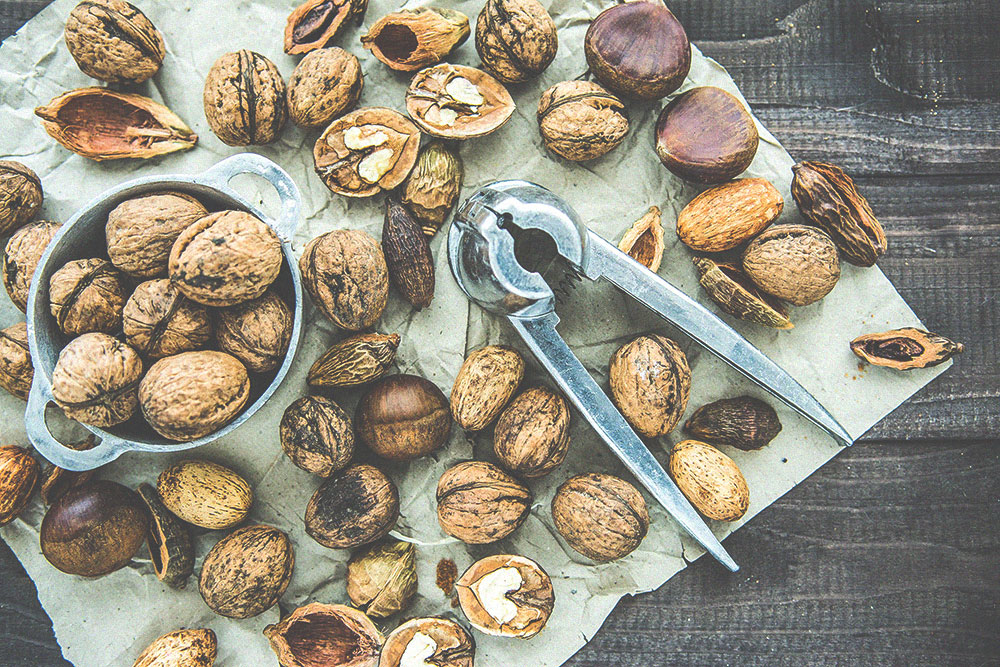Unfortunately for this essential macronutrient, the word ‘fat’ has a negative connotation attached that many associate with poor health. Let’s learn why this misnomer is far from the truth.
BY: MARISSA CAMPANELLA, RDN, LDN
For decades, one of the first things that people who were trying to lose weight would turn to were low-fat diets. Because fat makes us “fat”, right?
Wrong!
As we’ve all heard by now, fat is essential to a healthy and balanced diet, with certain fats such as Omega-3s and Omega-6s labeled as essential fatty acids. Without consuming these essential fats, we simply don’t function properly and a host of health issues occur because our bodies don’t make them.
Finding the balance, just like in anything else, is always the key when approaching how to eat healthy, which includes eating fat along with other essential nutrients and food groups too. The past decade has highlighted glaring issues with the low-fat diet as the lack of a major necessary nutrient led to higher consumption of sugar and refined carbohydrates in order to remain full.
Diet food products low in fat tend to have more sugar, salt, or additives in order to compensate for lost taste, enhancing a greater chance of overeating foods based on biological or psychological cravings. In fact, this potential of increasing carbohydrate intake can lead to a higher likelihood of fat storage in your body, with hormones (such as insulin) playing a major role.
To make this even more interesting, it has been discovered that high-fat diets lead to increased weight loss when compared to low-fat diets.
So what are some of the reasons that fat is so important to our health?
Dietary fat is our second most needed nutrient, encompassing ~30% of our daily recommended intake because of its important roles in our body function, including:
- Its role as our main storage form of energy
- Promotion of healthy hair, skin, and nails
- Regulation of mood and prevention of depression
- Serves as a major source of usable energy
- Source of fat soluble vitamins
- Promotion of better heart and brain health
- Aids in absorption of fat soluble vitamins A, D, E, and K
- Acts as a cushion for vital organs
- Helps maintain body temperature
- Source of essential fatty acids needed for hormone production
- Adds flavor and taste to our food
- Slows digestion of food thus lending satiety to a meal
- Slowed digestion also helps in blood sugar regulation
The best quality fats to add into your diet are unsaturated fats mostly found in plant food sources such as olive oil, avocado, nuts, and seeds, but can also found in fish such as tuna and salmon.
Here are a few ways to add some healthy fat into your day today:
- Having guacamole and whole wheat crackers as an afternoon snack
- Homemade trail mix with nuts, seeds, and dried fruits
- Blend homemade nut milk in your smoothies
- Nut butter on rice cakes or with an apple
- Cook with olive oil instead of butter
As with everything, eating anything in excess can lead to weight gain and moderation is always the key. However, we can say with certainty that fat is something that we all need in our lives.
Adapted from the original article.
HEADER IMAGE: MIRA BOZHKO
Marissa Campanella, RDN, LDN is a private practice Registered Dietitian based in Scranton, PA helping people find the balance between healthy and happy. As a ‘food peace promoter’, Marissa specializes in helping those with food struggles and disordered eating in learning how to enjoy food while leaving guilt and self criticisms behind. Connect with Marissa at Thrive Nutrition.

